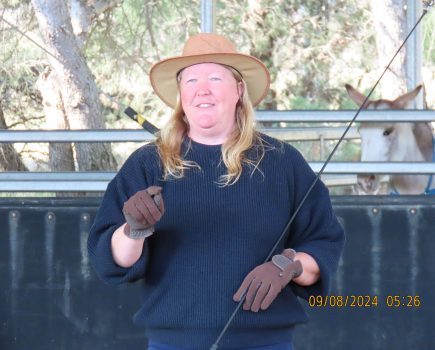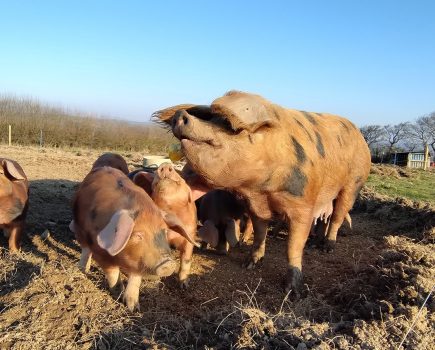Security is a key issue for smallholders. We share our tips on how to stay secure
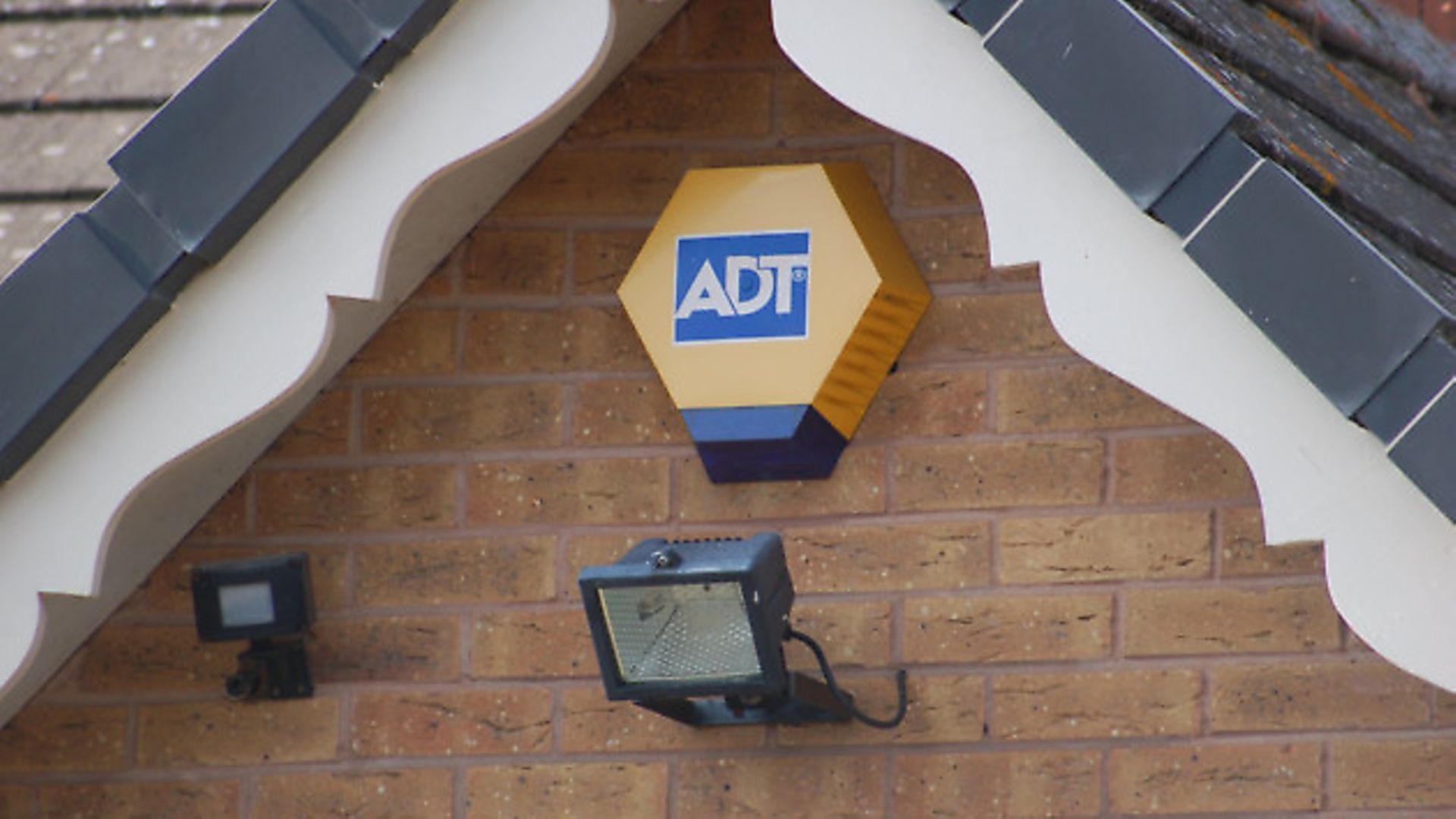
When you live in a town or city you don’t leave your front door open or your car unlocked – yet in the countryside many people do. When some friends of mine first bought their smallholding many years ago, they were somewhat flabbergasted to find there was no house key to take possession of as the front door had simply never been locked. The previous inhabitants hadn’t experienced any security issues and, living in a secluded spot as part of a tight knit community, had obviously never felt the need. My friends decided, albeit rather tentatively at first, to embrace this spirit and the door has remained unlocked.
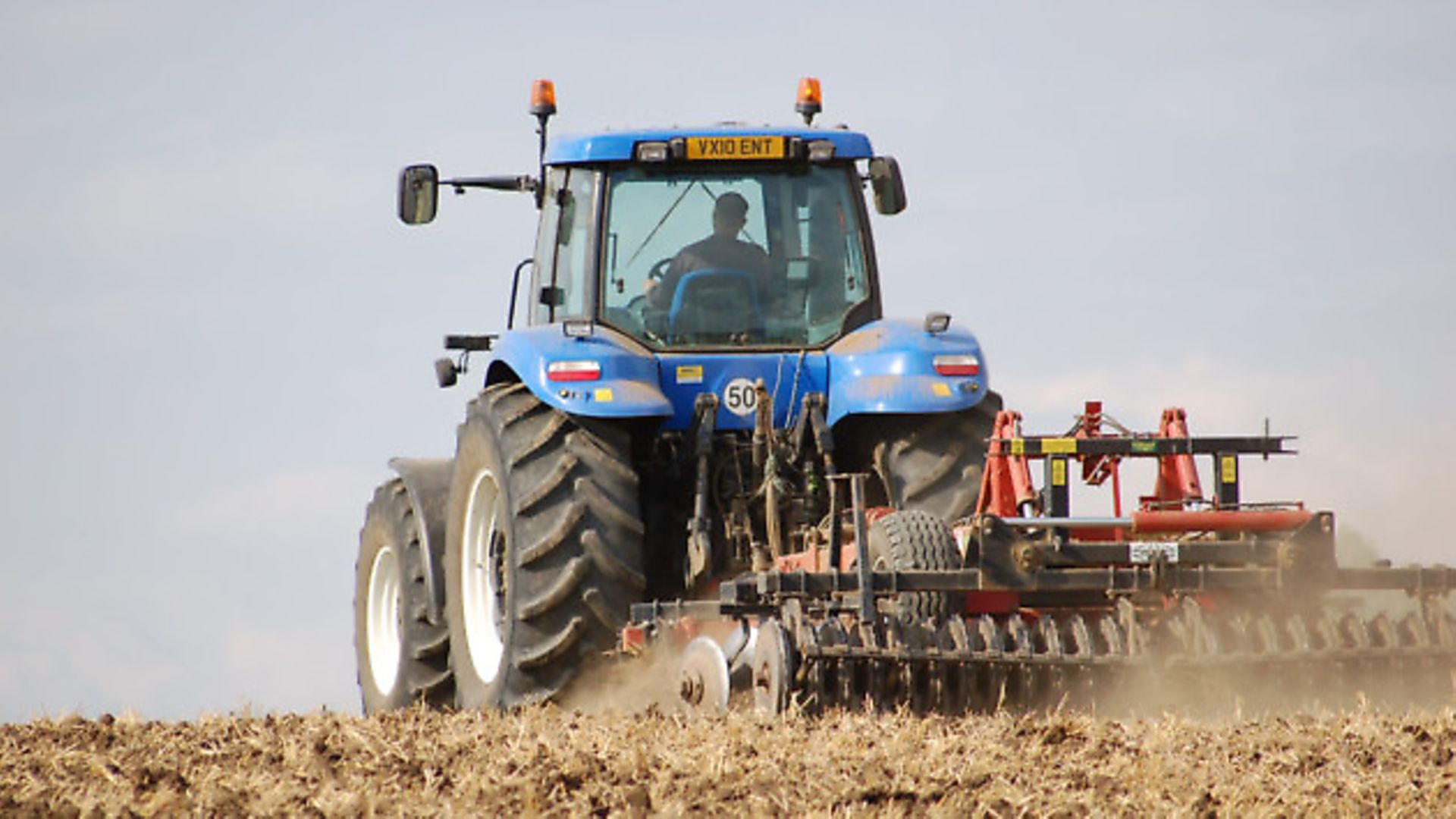
They are not alone – many smallholders don’t feel the need for a locked car or front door at night either. I think it’s refreshing and in many areas of the countryside I’m sure it’s perfectly safe to do so, especially if you have dogs or animals that make a lot of noise whenever anyone pulls up to the house. The ability to leave your doors unlocked, should you so desire, is arguably part of the appeal of living in the countryside in the first place. Once you get used to the lack of street lights and the quiet, you do feel a lot more secure living rurally and I’ve no doubt that this feeling is justified.
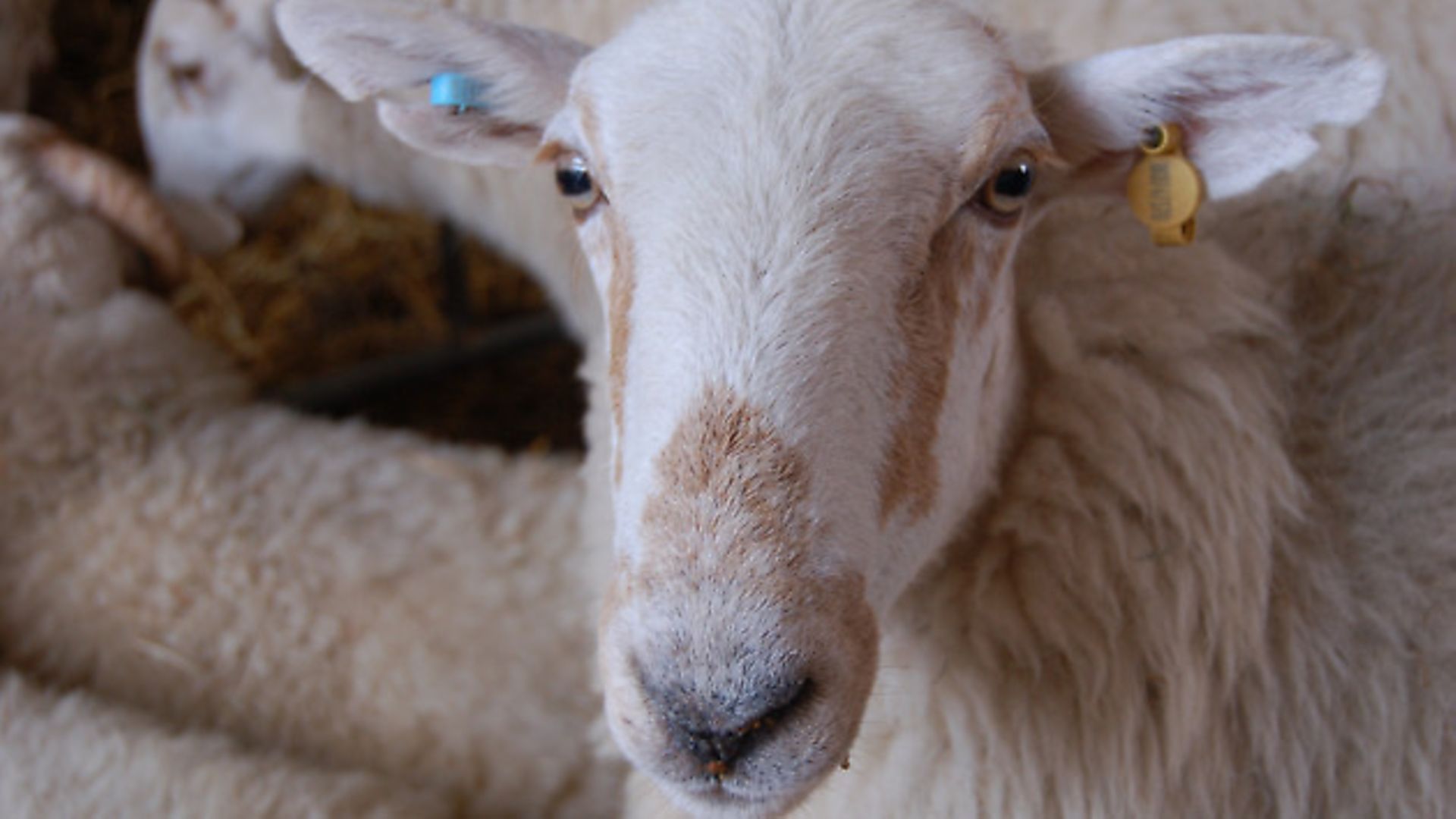
However, that doesn’t mean you shouldn’t be aware of such issues, especially once you start keeping livestock and buying expensive equipment. Valuable assets do need protecting wherever you live and there are a number of ways to go about it.
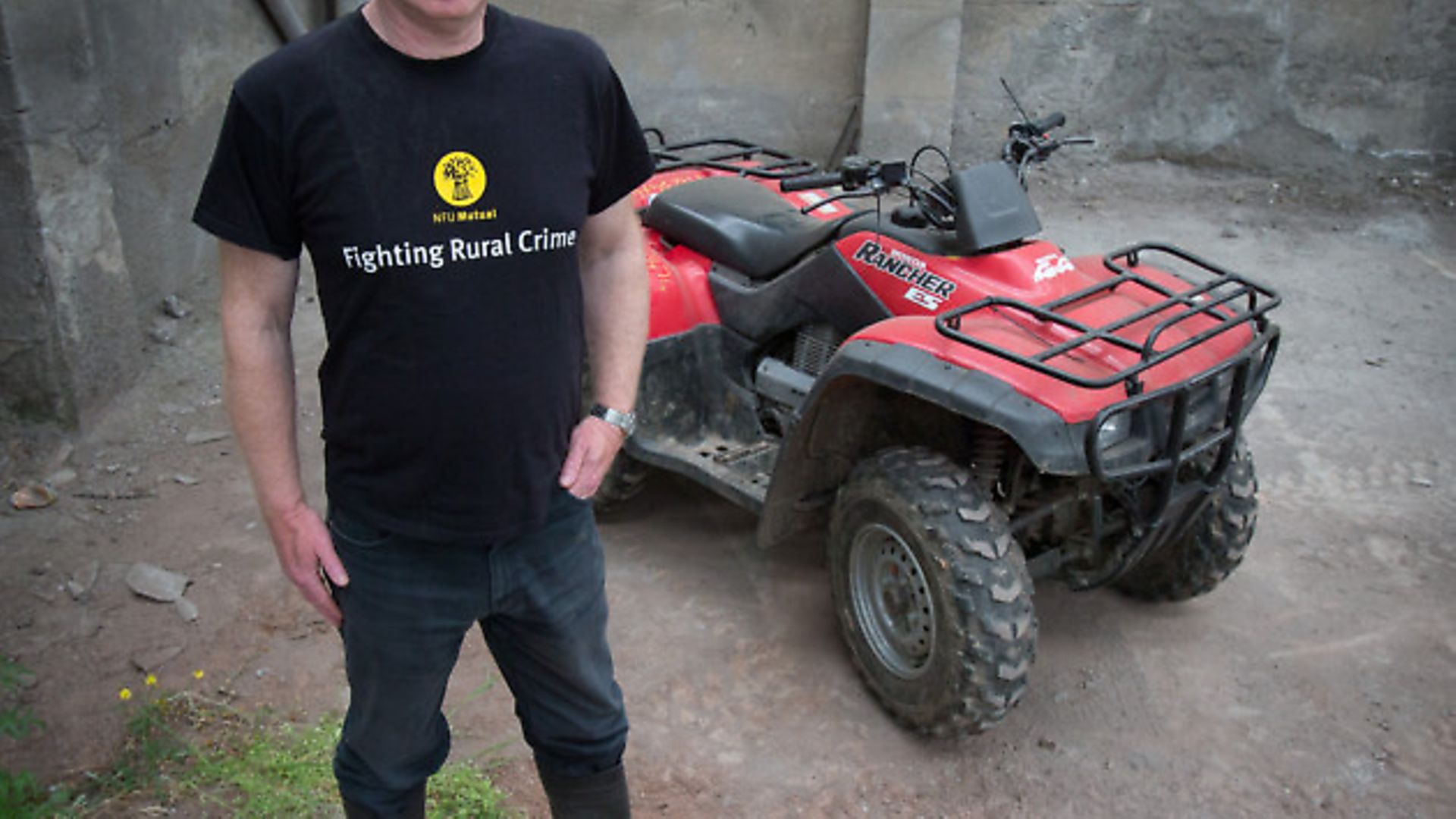
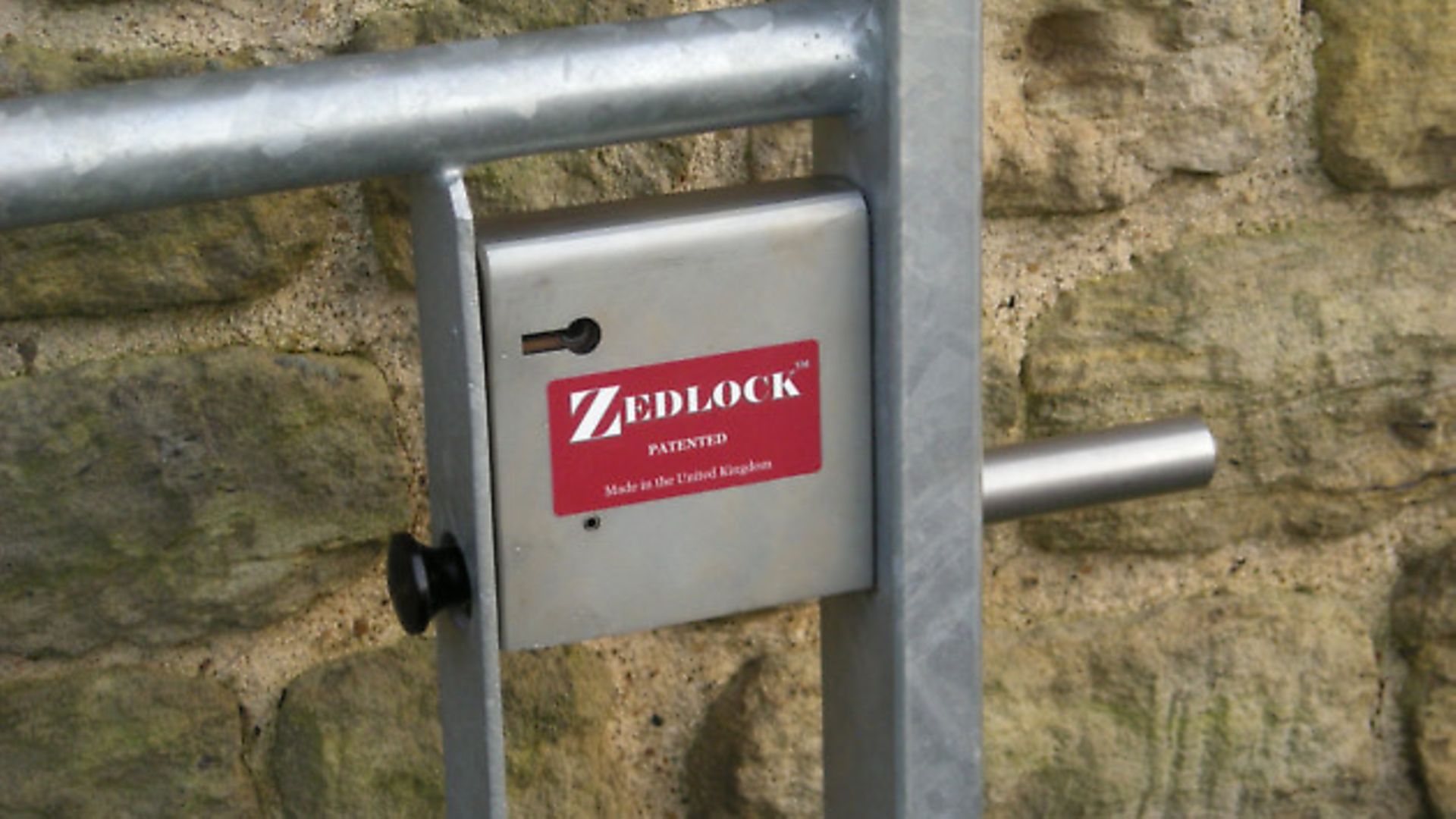
The risks
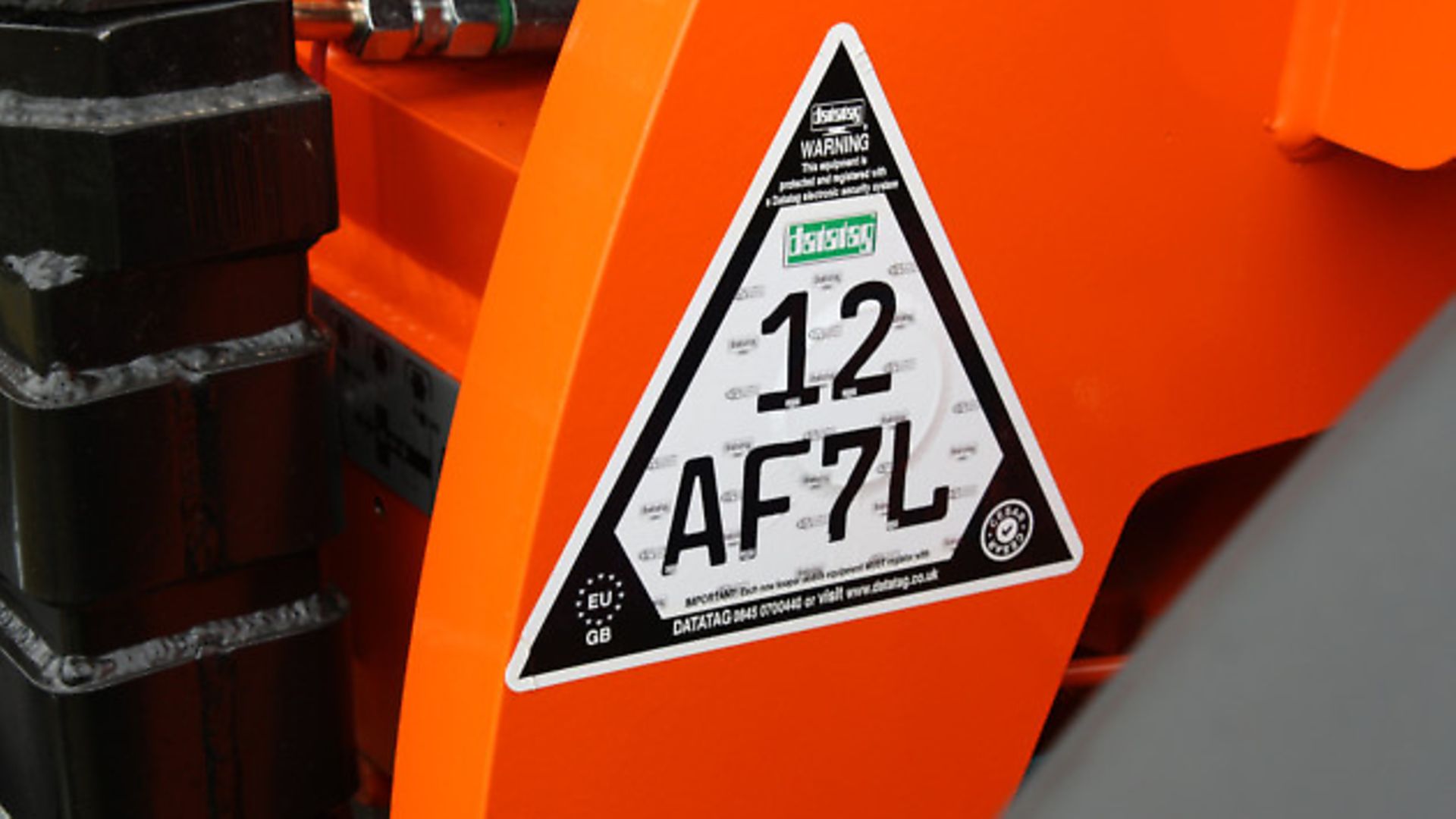
To get an idea of the types of items most at risk of theft, I spoke to rural insurer, NFU Mutual. They told me (based on their 2015 annual crime data report) that although there has been an overall decline in theft across every UK region, several types of crime appear to be on the rise. Their survey indicates that fuel, tools and quad bikes are the most commonly targeted items and that Essex and Kent are the UK’s worst affected counties, while in Scotland, the cost of quad bike theft increased by about 80%.
The general consensus is that thieves are becoming more sophisticated in their methods and have started exploiting new targets such as solar panels; cybercrime has also become a growing concern. That said, the number of livestock thefts has also remained stubbornly high with a spate of high-value thefts across the country.
Top targets
These are the top 10 items targeted by thieves in 2014 (2013 rankings in brackets)
1. Tools (Tools)
2. ATVs/Quad bikes (ATVs/Quad bikes)
3. Oil/diesel (Oil/diesel)
4. Machinery (Machinery)
5. Livestock (Garden equipment)
6. Garden equipment (Livestock)
7. Trailers (Tractors)
8. Equestrian transport and equipment (Trailers)
9. Bicycles (Vehicles)
10. Personal effects/tractors (Equestrian equipment)
Cost of rural crime by country in 2014
England £31.1m (£36.3m)
Northern Ireland £2.4m (£3.9m)
Scotland £1.8m (£1.9m)
Wales £1.7m (£2m)
For more information and advice on how to beat rural crime in your area visit www.nfumutual.co.uk/ruralcrime
Preventative measures
In deciding on preventative measures, there are a number of factors to take into consideration, including where you live, the livestock you keep and the type of items of value, such as machinery, that you have on your smallholding. Obviously the more of these you have, the more preventative security measures really come into play.
Also, how close is your land to your home? Would you hear if someone pulled up to try and steal something? Do you have a dog or even geese? Is there generally someone about during the day and do you have neighbours who keep a close eye on comings and goings in the area? We do – our nearest neighbour actually stops and listens whenever an infrequent vehicle travels down our road to try and work out who it is. I used to think it was a bit ridiculous every time he stopped a conversation mid-sentence to listen out, but now I realise it’s actually incredibly useful having such a vigilant neighbour.
Tractors and machinery
Tractor theft claims were up by over 13% in the first nine months of 2015 in East Anglia, the Midlands and the South East.
NFU Mutual’s top tips to tackle tractor theft are:
– Protect vehicles by registering them with CESAR
– Remove keys and lock vehicles when unattended
– Install security lights in yards
– Have the Vehicle Identification Number etched on vehicle windows
– Secure quads using heavy duty security chains or locking devices
– Ensure all machinery is locked out of sight in buildings overnight
– Prevent opportunist theft by locking yard gates
– Fit good quality immobiliser devices (preferably Thatcham accredited)
– Consider Telematics/tracking technology, which gives the location of vehicles 24/7
Livestock theft
Rustling is one of the world’s oldest crimes. Since the first cavemen kept goats, rustling has been a feature of farming. However, the worrying trend today is that, instead of small numbers of animals being taken in one attack, very large numbers of sheep, in particular, are increasingly being stolen.
Apparently sheep are easier targets for thieves because they are often grazed on land away from the home. Also, unlike cattle, which have electronic ID tags and passports, sheep just have ear tags which can be easily removed.
How to prevent it
The NFU recommends a number of steps smallholders can take to help reduce the risk of livestock theft. These include:
– Padlocking field gates
– Ensuring stock is clearly marked and records are up to date
– When possible, grazing livestock in fields away from roads
– Check stock regularly – and vary times of feeding/check-ups
– Asking neighbours to report any sightings of unusual vehicles loading sheep
– Joining a FarmWatch scheme
Land Rover thefts
Apparently, since they stopped being produced, this hardy all-rounder has become highly sought after and thefts have risen.The areas worst affected are the North West, Midlands, South West, South East and the East of England.
Tim Price, Rural Affairs Specialist at NFU Mutual, said: “Now that production of Land Rover Defenders has ended, we fear they are becoming increasingly attractive to thieves as ‘classic’ vehicles. Thanks to their immense popularity all over the world, there is a ready market for spares of Land Rovers going back to the first models from the 1950s right through to the last vehicles which rolled off the Solihull production line this year. One of the features which makes Defenders attractive to farmers, and those living well-off the beaten track, is the ease with which body parts can be removed and replaced. Unfortunately, that makes it easy for thieves to strip these iconic British vehicles of valuable parts.”
Security measures
NFU Mutual also recommends:
– Fitting a mechanical immobiliser such as a Thatcham approved steering or pedal lock
– Fitting an alarm for added security and consider adding a tracking device
– Thieves will target component parts, so consider marking them using a forensic marking solution or system
– Keeping the vehicle in a lockable building or park in well-lit areas, which are overlooked
– Having the vehicle identification number etched on windows
– Consider fitting a hidden battery isolation or a fuel cut-off switch
– Taking photographs of unusual features, modifications, damage or repairs which could aid identification if stolen
– Ensuring any valuables are removed from the vehicle, including satnavs
Products
There are many products on the market that can be of help. From simple product markers and outside lights through to all-singing, all-dancing remote monitoring systems, there are products out there to suit every smallholding set-up and budget. Here are just a few ideas:
Zedlock – gate locking
Suitable for metal or wooden farm gates as well as those on driveways, this secure system provides a discreet and effective alternative to a padlock and a chain.
Pip Wates, who has event horses at her yard near Billingshurst, said: “I installed Zedlocks to my lorry parking area and gates because they are subtle, effective and look nice. They have the excellent benefit of having one large recognisable key. Before using Zedlocks, I used chains and padlocks on the gates – an ugly and less comprehensive solution. I often lost keys or couldn’t find the right key for the right padlock, but there are no such frustrations with the Zedlocks which are served by one master key. Now I don’t have to worry or fiddle about with frozen chains and WD40!”
The latest version of the Zedlock, the ‘Contract’ model, (priced at just £34.99+VAT) is available from www.Zedlock.com.
Alarm systems
Installing an alarm is one of best security measures you can take. AGI Mobile Communications supply a system that can come pre-programed so it just needs to be fixed to a wall or post. Each alarm has a five-year warrantee and is easily moveable to wherever it is needed most. For more information about their alarms and the more elaborate bespoke security systems, see www.secureyourfarm.com.
Vehicle and tool marking
The datatag system enables you to mark all your valuables with a label and unique identification number that is impossible to remove without damage, thus making an item much less desirable to thieves and easier for police to identify.
See www.datatag.co.uk for more information or to find your nearest stockist.
FarmWatcherUK
FarmWatcherUK was conceived by Andrea Gascoigne, a farmer’s daughter from County Durham, in February 2014 after her brother had his quad bike stolen; it is an essential piece of equipment for any hill farmer. A neighbouring farmer also suffered a great loss when 30 of his in-lamb ewes were stolen.
Having seen these two farmers being affected by rural crime in a short period of time, Andrea launched FarmWatcherUK, a way for farmers, landowners, livery yards, agricultural machinery specialists, in fact, anyone connected with rural affairs, to inform others of rural crime in their area.
FarmWatcherUK was first launched on Facebook and Twitter and now has more than 22,000 Facebook fans with a weekly reach of over 400,000. Andrea also uses LinkedIn, Google+ and YouTube and FarmWatcherUK currently receives over 6 million impressions each month across the social networks, showing that people are very willing to work together to tackle rural crime. To get involved or to find out more see www.farmwatcher.co.uk
Image(s) provided by:
Archant
Archant
Archant
Archant
Archant
Archant



